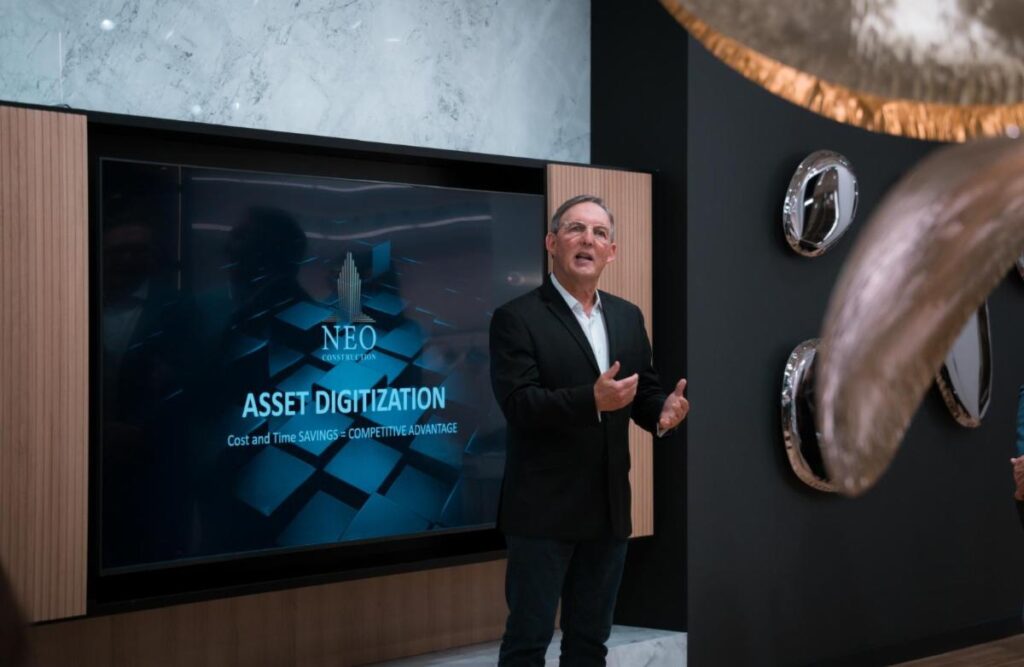By Mowery & Schoenfeld, LLC
Michael Szewc, Director of State & Local Tax Services and Diksha Bhatt, International Tax Manager
Considering the global nature of businesses and the large and diversified U.S. market, foreign businesses have successfully penetrated the U.S. market with their goods and services. A fair amount of these successful foreign businesses sell to U.S. customers through digital means without any physical location or presence in the U.S.
Most U.S. income tax treaties with other countries provide U.S. federal tax exemption for a foreign business’ U.S. profits as long as the foreign entity does not have a U.S. permanent establishment (i.e., a U.S. taxable presence). Depending on the relevant state where customers are located, the particular state may or may not follow the federal income tax rules.
This article briefly discusses certain U.S. federal and state tax rules relevant to inbound sales of goods and services in the U.S.
U.S. Permanent Establishment
In simple terms, a U.S. permanent establishment (“PE”) generally refers to a fixed place of business through which a foreign entity carries on business in the U.S. Permanency of the U.S. business location and its discretionary availability to the foreign business is primary. Other aspects, such as ownership of the place or type of place, may not necessarily be always relevant.
Relevance of Treaty Permanent Establishment Rules for State Income Tax and State Sales Tax
Some U.S. states may honor the provisions of tax treaties and preclude foreign entities from income tax when such entities do not have a permanent establishment in the U.S. However, these protections do not extend to other measures of tax. A business only needs a sufficient connection (“nexus”) with a state or local jurisdiction to be subject to sales and use tax and often other state-imposed taxes.
For foreign and domestic businesses, sales tax nexus was historically triggered if a business established physical presence in a state. Examples of physical presence include offices, inventory, salespeople, or employees. The U.S. Supreme Court abolished this decades-long requirement in its 2018 decision, South Dakota v. Wayfair, Inc. As a result of the ruling, states could impose sales and use tax on remote sellers based solely on their economic presence, prompting states with a sales tax regime to enact thresholds based on total sales or number of transactions.
Although these thresholds vary by state, the most widely adopted has been $100,000 in sales or 200 separate transactions within a twelve-month period. Foreign businesses approaching or exceeding this level of economic activity should be aware of the potential requirements to register, collect, and remit sales and use taxes.
Even in a post-Wayfair landscape, foreign businesses should consider the ramifications of having a physical presence in the U.S.
State Tax Implications: When a Foreign Business Serves the U.S. Market Using U.S. Servers or Other Computer Equipment in the U.S.
A server is typically used to host websites. A foreign entity may have its own website through which it sells goods or services in the U.S. By itself, a website is not considered tangible property and usually does not result in a PE for the foreign entity in the U.S. In many cases, the server on which the website is hosted, even though located in the U.S., may be rented by the foreign entity from a third-party internet service provider. In this case, usually, such a server may not constitute a PE of the foreign entity because it may not be considered to be at the disposal of the foreign entity. In other words, in the absence of controlling rights over the server, the server may not constitute a PE in the U.S. for the foreign entity.
On the other hand, a server owned or rented explicitly by the foreign entity exclusively for its own use to host its website may constitute a PE of such entity in the U.S. Taxpayers also need to consider other aspects for determining whether there is a U.S. PE through a server, including: (1) permanency of the server at the location, i.e., the duration of time for which that server is located in the U.S. so as to be considered a fixed place PE in the U.S.; (2) whether the taxpayer’s main business activities can be considered to be carried on in the U.S. through that server or whether the server is only utilized to carry on ancillary business activities so as not to constitute a PE.
From a state perspective, a common misconception is that sales and use tax is only applicable to tangible personal property. Many states have broadened their tax bases to include digital products and services. In particular, the taxation of software-as-a-service has expanded to over 20 states. Foreign businesses may need to collect sales tax from customers in the U.S., regardless of the server’s location where the software is housed.
State Tax Implications: Where a Foreign Business Has a U.S. Agent or Warehouse
Foreign entities making online sales in the U.S. may have a warehouse in the U.S. to ship the actual goods to the customers. These entities may also have agents in the U.S. to support their business operations.
Generally, a warehouse utilized only to store and display goods does not constitute a U.S. PE. Agents with the authority to habitually conclude contracts or habitually play the principal role leading to the conclusion of contracts may constitute a U.S. PE. For foreign entities selling online directly to customers, the role of agents, if any, may not be substantial to create a U.S. PE.
However, when it comes to sales tax considerations, the results may be very different. Maintaining inventory with a third-party logistics provider can create nexus, and therefore collection and remittance responsibilities, long before the economic thresholds are met. Some of these services (e.g., Fulfilled by Amazon) can even create these requirements in numerous states as property is moved and stored across the country.
Other Sales and Use Tax Considerations
Drop shipping can pose unique burdens on foreign businesses making remote sales into the U.S. The transaction between a wholesaler and distributor should qualify under the resale exemption; however, exempt sales are only exempt if the proper documentation is presented. If a retailer isn’t registered in the ship to state, they may not be able to issue a valid resale certificate and will be subject to sales tax themselves. Retailers generally can’t pass along the tax charged by the supplier unless they are registered to collect that state’s tax.
Digital Services Taxes
The lack of taxing rights around online businesses has prompted several countries to introduce taxes on digital services and/or goods. These taxes are commonly referred to as Digital Services Taxes (“DSTs”). Each country may have its defined set of online activities on which a DST is levied.
While the U.S. does not have any DSTs at a federal level, certain U.S. states have introduced proposals to levy these unique taxes. The constitutionality of these state taxes is currently under dispute, but it is important for taxpayers to be on the lookout for future changes.
Inbound Businesses Need to Proactively Evaluate Their Tax Obligations
In summary, at a state level, foreign businesses with no U.S. presence may consider themselves beyond the legal jurisdiction of state and local taxing authorities. However, foreign businesses may be subject to sales and use taxes in various U.S. states, and failure to register, collect, and remit sales tax may have long-term consequences for the business. The liability for sales and use taxes can transfer to a successor entity or individual, which may limit the desirability of the business, especially to U.S.-based investors. Therefore, inbound businesses should proactively evaluate their state and local sales and use tax obligations.
Connect with Our M&S International & SALT Teams
Our dedicated state tax and international tax service line experts can assist with customized and comprehensive assessments and efficient solutions for your businesses. We assist with the analysis stage and support you with related U.S. federal and state compliance.

















